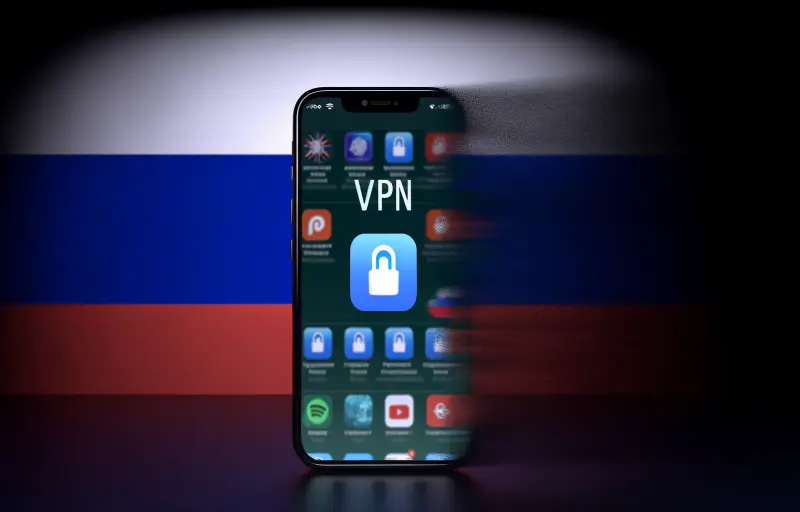
“Apple complies with Russian request, removes VPN apps from App Store”
Apple’s Compliance with Russian VPN App Ban
Apple has once again found itself in the middle of a controversy, this time in Russia. On July 4, 2024, the tech giant removed a number of virtual private network (VPN) apps from its App Store in the country, following a request by Russia’s state communications watchdog Roskomnadzor. The move has sparked a debate about the company’s compliance with government requests and the impact on internet freedom.
VPNs are tools that allow users to access the internet privately and securely by encrypting their connection and hiding their IP address. They are often used in countries with strict internet censorship laws to bypass government restrictions and access blocked websites and services. In Russia, VPNs have become increasingly popular as the government has tightened its control over the internet, blocking access to certain websites and services.
Roskomnadzor, the Russian government agency responsible for overseeing the country’s telecommunications and media, has been cracking down on VPNs for several years. In 2017, the agency passed a law requiring VPN providers to register with the government and block access to websites that are banned in Russia. Many VPN providers have refused to comply with the law, leading to their apps being removed from app stores in the country.
Apple’s decision to remove the VPN apps from its App Store in Russia has been met with criticism from digital rights activists and users who rely on VPNs to access the internet freely. The company has been accused of bowing to government pressure and prioritizing its business interests over human rights. Apple has defended its decision, stating that it is required to comply with local laws and regulations in the countries where it operates.
This is not the first time Apple has faced criticism for complying with government requests. In 2017, the company removed VPN apps from its App Store in China, following a similar request by the Chinese government. Apple has also been criticized for its decision to store user data on servers located in China, which some argue could make it easier for the Chinese government to access user data.
Despite the criticism, Apple has maintained that it is committed to protecting user privacy and security. The company has stated that it will continue to offer VPN apps in other countries where they are not banned by law. Apple has also emphasized that it reviews all government requests carefully and only complies with those that are lawful and valid.
The removal of VPN apps from Apple’s App Store in Russia raises important questions about the role of technology companies in protecting internet freedom. While companies like Apple have a responsibility to comply with local laws and regulations, they also have a responsibility to protect user privacy and security. As governments around the world continue to tighten their control over the internet, technology companies will need to navigate these competing interests carefully.














